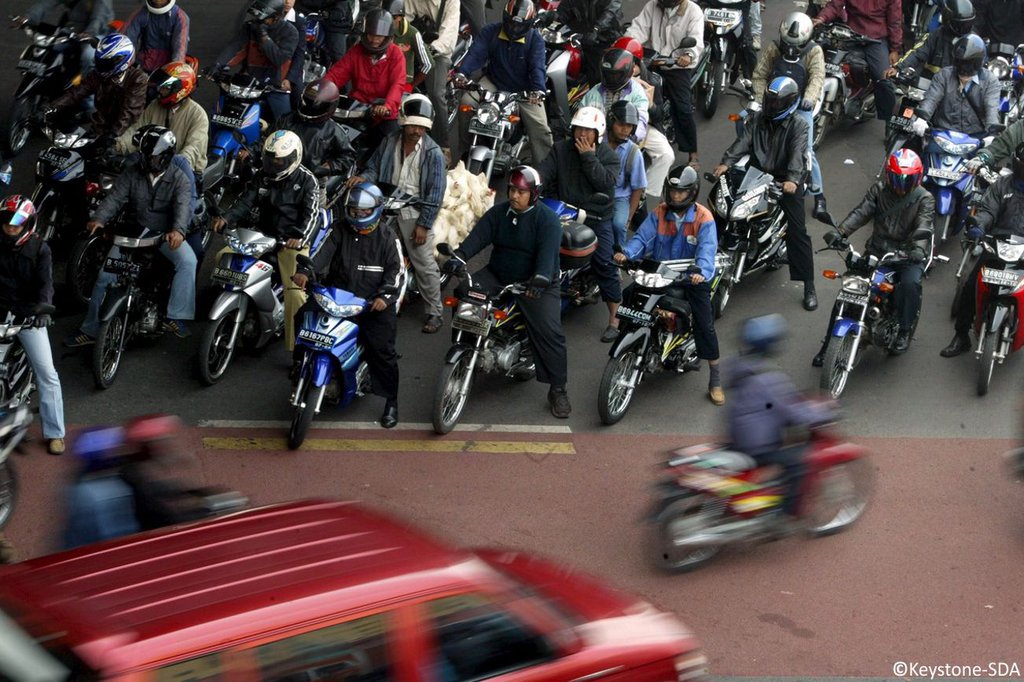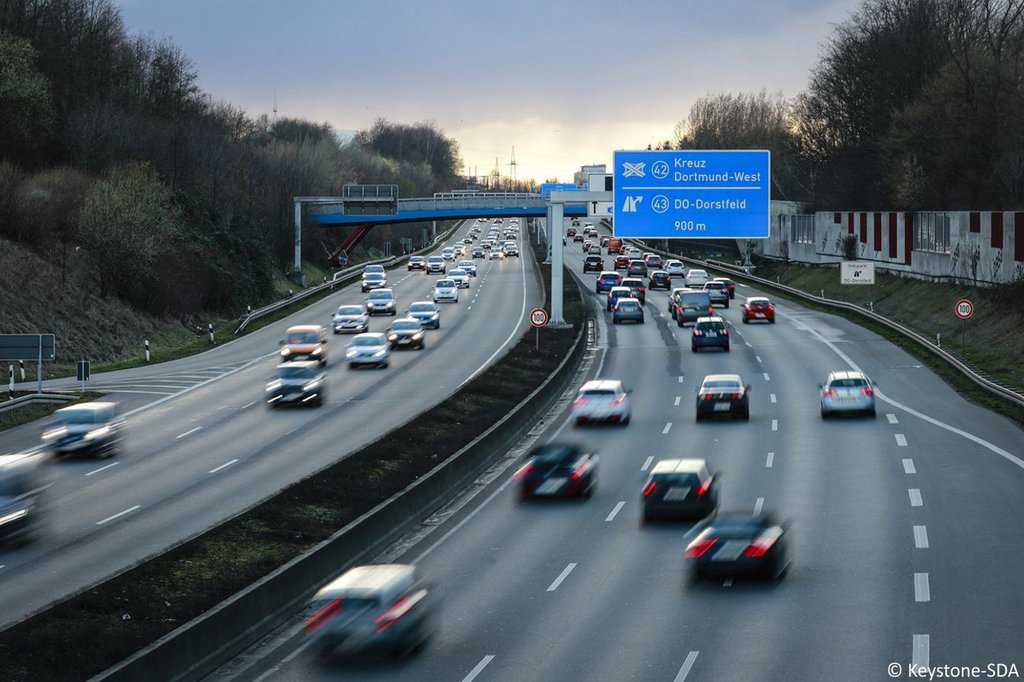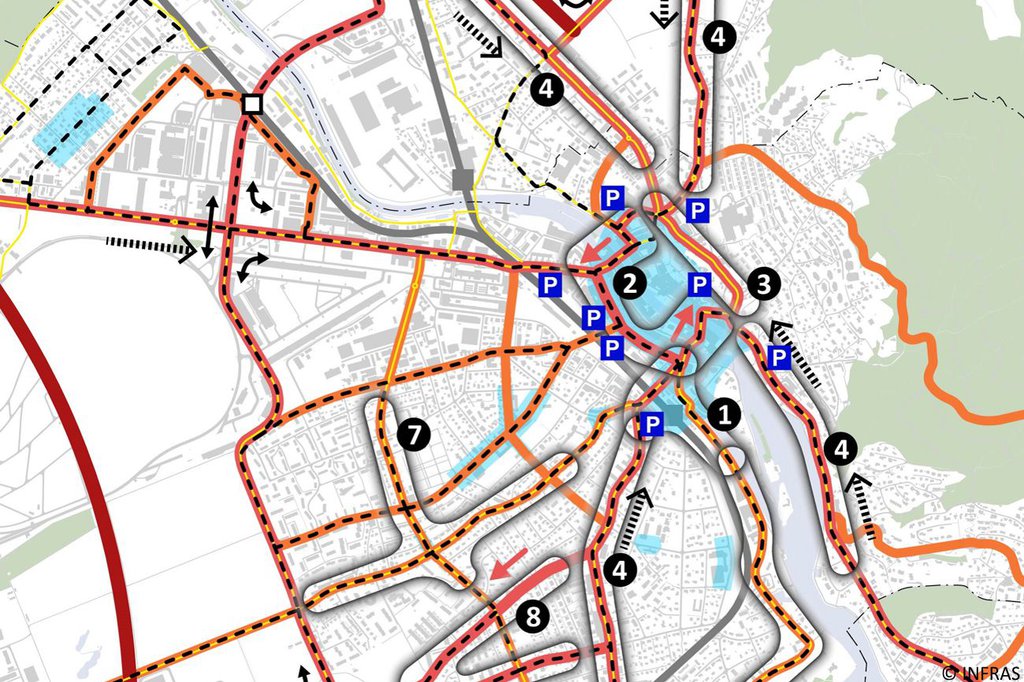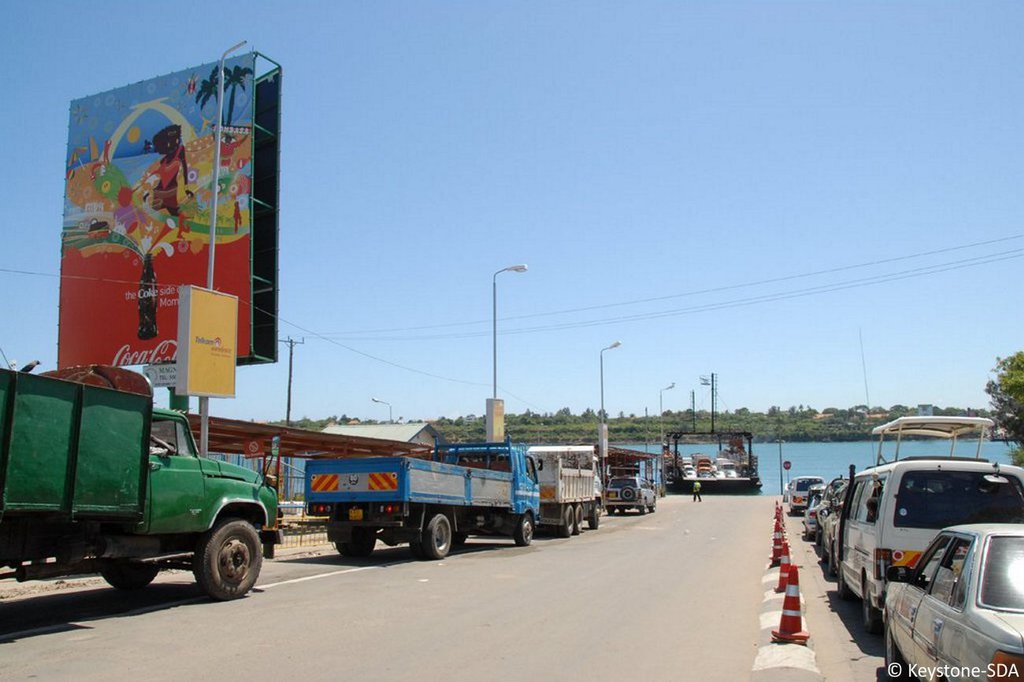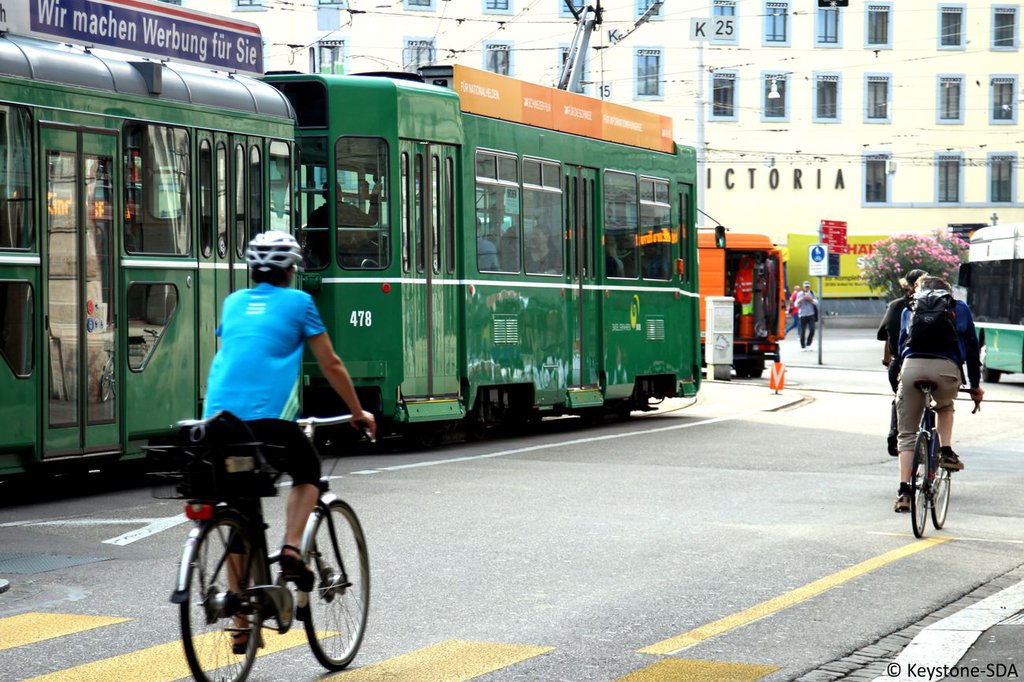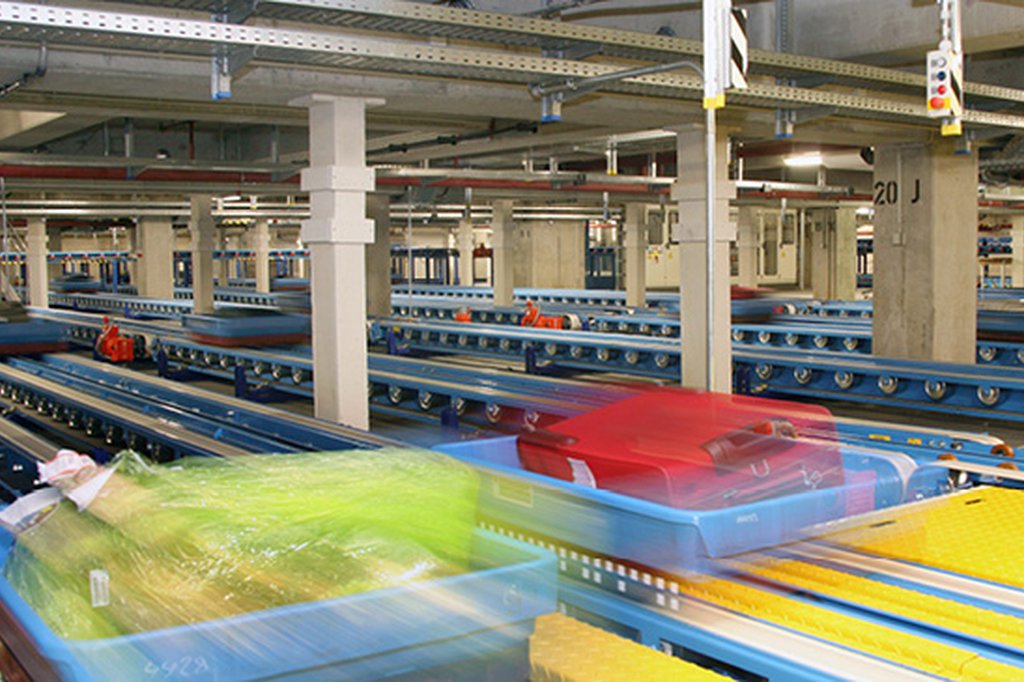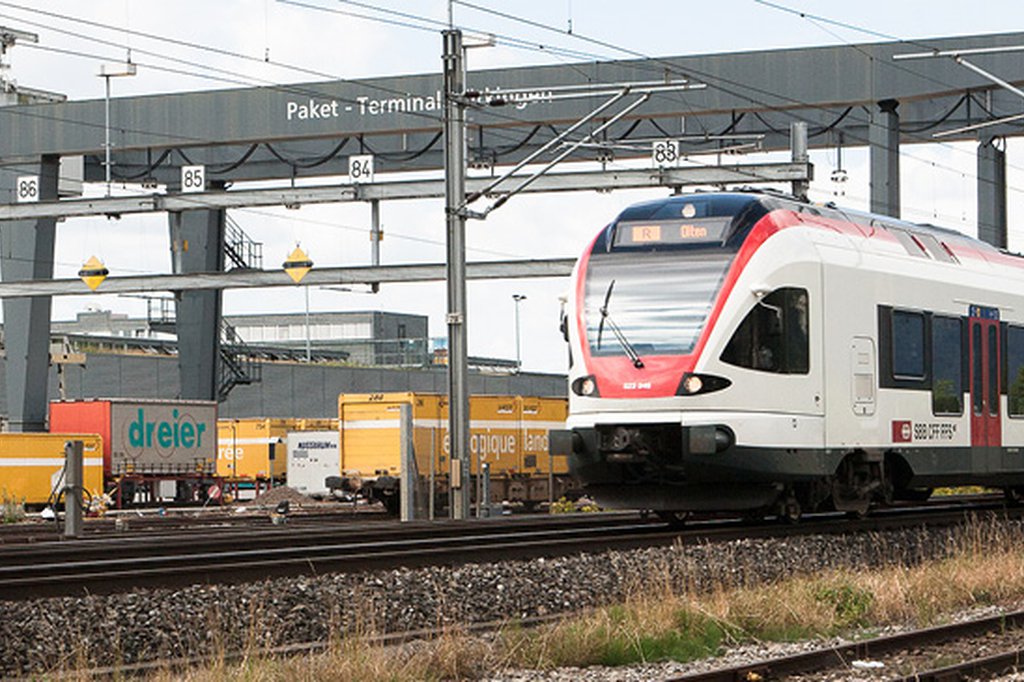What would climate-neutral mobility mean for the Swiss economy?
News, Environment and Climate, Transport, Economy | Feb. 11, 2022
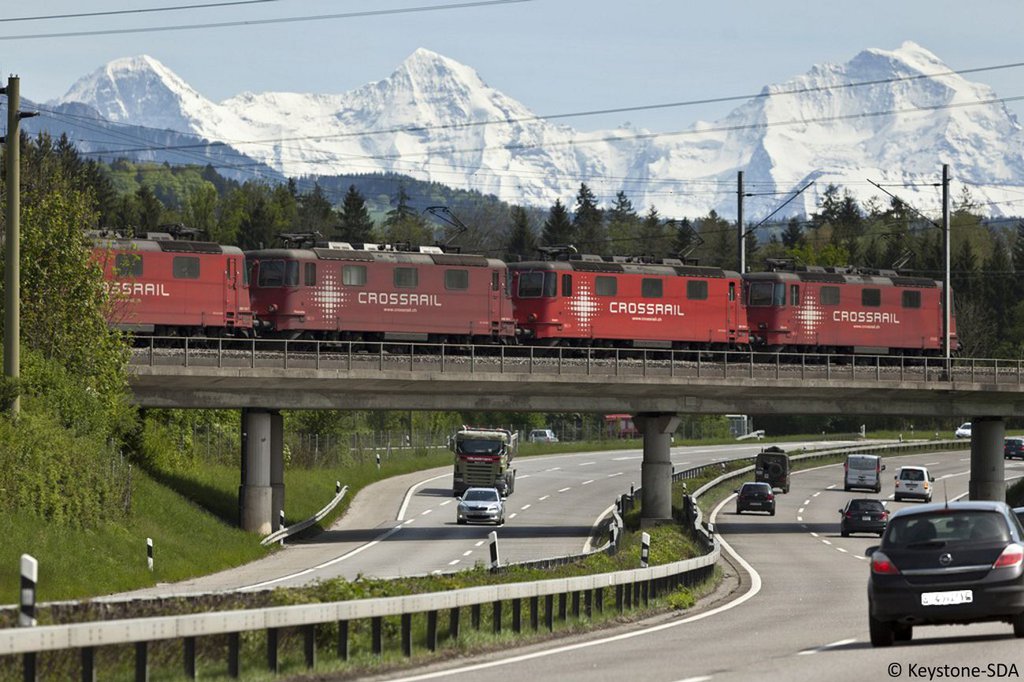
The transport sector is a significant contributor to greenhouse gas emissions in Switzerland. How can these emissions be reduced in a way that is as economically and socially acceptable as possible? There is still little information available on which to base an answer to this question, which is why it is currently the subject of research by a team from INFRAS and ETH Zurich, as part of the NRP 73 National Research Programme.

